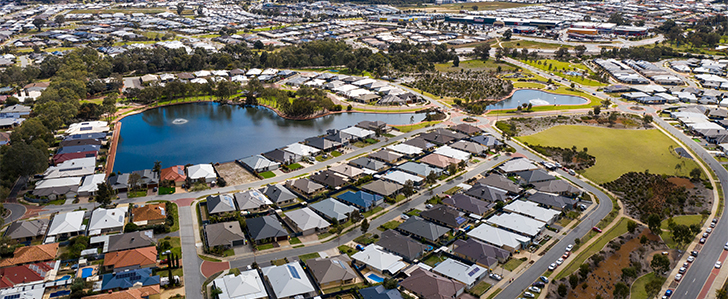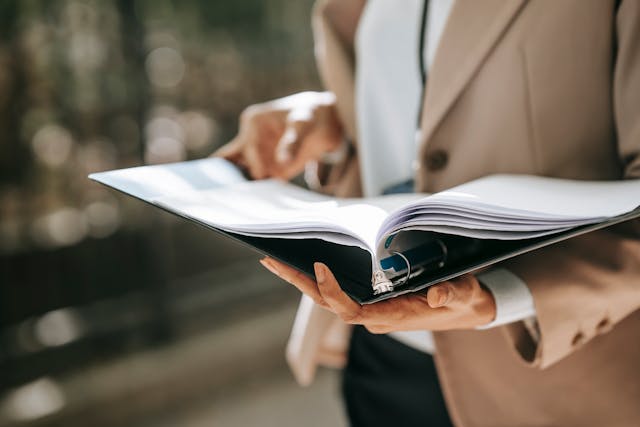1. Initial Consultation and Understanding Buyer’s Needs
The process begins with an initial consultation, where the buyer’s agent gathers detailed information about the buyer’s needs, preferences, and budget. This step is essential for aligning the agent’s property search with the buyer’s goals. During this phase, the agent will:
- Understand the buyer’s motivations (e.g., first home purchase, upsizing, downsizing, or investment).
- Clarify the buyer’s budget, financing options, and any financial constraints.
- Identify key property features and lifestyle requirements (e.g., number of bedrooms, proximity to schools, or amenities).
This tailored approach ensures that the agent’s efforts are focused on finding properties that truly match the buyer’s objectives.
2. Property Search and Shortlisting
Once the buyer’s criteria are established, the agent performs an in-depth property search. This includes researching available listings, off-market properties, and potential investment opportunities that fit the buyer’s requirements. The agent will:
- Use market insights to identify properties that align with the buyer’s needs.
- Leverage access to off-market listings to give the buyer a competitive edge.
- Shortlist properties that meet the buyer’s criteria, saving them time from having to sift through irrelevant listings.
This phase is critical in ensuring the buyer sees only the most suitable properties, allowing for an efficient and focused viewing process.
3. Organizing Viewings and Inspections
Once properties are shortlisted, the buyer’s agent coordinates all necessary property viewings and inspections. This stage includes:
- Scheduling viewings at times that are convenient for the buyer.
- Arranging professional inspections (e.g., structural, pest, and environmental checks) to assess the property’s condition and flag any potential issues.
- Providing guidance during property tours, offering insights into how the property matches the buyer’s needs and whether any concerns raised during inspections are deal-breakers.
By handling these logistics, the agent ensures that the buyer has all the information needed to make a well-informed decision about each property.
4. Negotiating the Best Deal
Once a suitable property is identified, the buyer’s agent steps in to handle price negotiations on behalf of the buyer. Drawing from their market expertise and research, the agent negotiates the best possible terms. This phase includes:
- Making a competitive offer based on comparative market analysis to ensure the buyer does not overpay.
- Negotiating other favorable terms, such as closing cost contributions, repairs based on inspection results, or flexible move-in dates.
- Handling counteroffers from the seller to ensure that the final agreement reflects the buyer’s best interests.
Effective negotiation is one of the most critical parts of the buying process, and a skilled buyer’s agent can often save the buyer significant money through strategic negotiation techniques.
5. Managing Contracts and Legal Documents
Real estate transactions involve complex legal documents, and errors or oversights can lead to costly complications. A buyer’s agent manages the preparation and review of contracts and legal documents, ensuring everything is accurate and protects the buyer’s rights. This includes:
- Reviewing the purchase agreement to ensure all terms, contingencies, and conditions are included.
- Ensuring that necessary disclosures (e.g., known defects, environmental concerns) are provided by the seller.
- Working with legal professionals, such as conveyancers or real estate attorneys, to verify that all legal documents are in order, including title searches, zoning requirements, and easements.
This legal oversight ensures that the buyer is protected from any unforeseen liabilities and that the transaction complies with all local and state laws.
6. Overseeing Financing and Appraisals
Most property purchases involve securing financing, and a buyer’s agent plays a key role in coordinating this process. The agent will:
- Work with mortgage brokers to help the buyer secure the best loan terms and guide them through the application process.
- Ensure that the property is appraised at the correct value to satisfy the lender’s requirements.
- Address any potential issues that arise during the financing phase, such as appraisal discrepancies or loan approval delays.
This support ensures that the financing process proceeds smoothly and that the buyer is well-prepared to close on the property.
7. Coordinating Closing and Final Walkthrough
The final steps of the home-buying process can be complex, with many moving parts that need to align for a successful closing. A buyer’s agent will:
- Coordinate with the buyer, seller, and other involved parties (e.g., title companies, lenders) to ensure a smooth closing process.
- Conduct a final walkthrough of the property to confirm that the property is in the agreed-upon condition, ensuring any requested repairs have been completed and no new issues have arisen.
- Assist with closing day logistics, including ensuring all documents are signed, funds are transferred, and keys are handed over.
By overseeing every detail during the closing phase, the buyer’s agent ensures that the transaction is completed smoothly and that the buyer can move into their new home with confidence.
8. Post-Purchase Support
Even after the purchase is finalized, a buyer’s agent can continue to provide support, particularly if issues arise post-purchase. This might include:
- Helping resolve any disputes related to repairs, warranties, or property condition that surface after closing.
- Recommending trusted contractors, service providers, or property managers for any ongoing needs, such as renovations or rental management.
- Providing market updates if the buyer intends to invest in future properties or monitor the value of their new home.
This post-purchase support ensures that the buyer remains satisfied and that any issues are addressed promptly.






